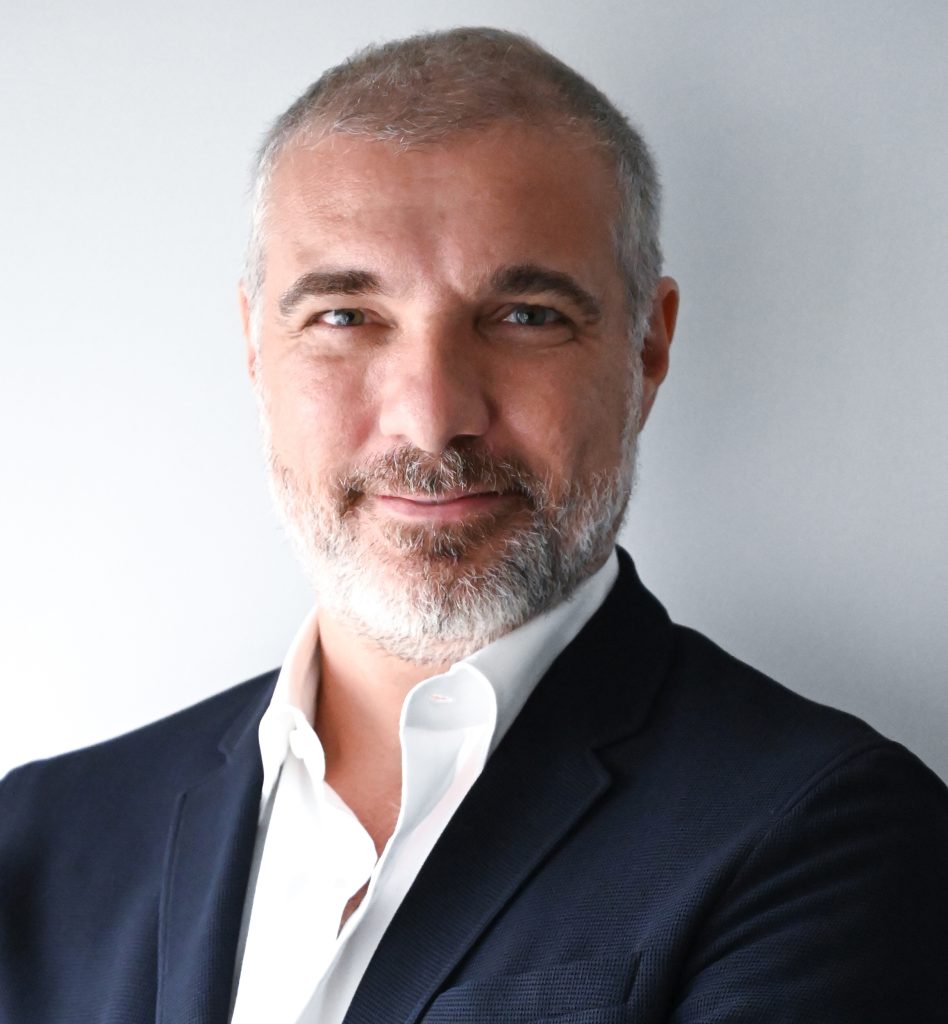On the lighter side of things, we ask Maurizio Garavello, Vice President Asia Pacific, Dynatrace, what makes him tick.

What would you describe as your most memorable achievement?
As a leader, the best moments always come when you see your team members achieving great results. One of my former reports, who first worked with me in 2009, recently accepted a CEO role with a promising start-up in the UK earlier. I’ve watched him rise up the ranks over the past 13 years and hearing his latest news made me so happy – and proud to have been his mentor for so long.
What first made you think of a career in technology?
I’ve always loved anything tech. When I was nine years old, back in the eighties, my dad gave my brother and me a Spectrum computer and that got me doing a bit of programming. Later on, after I’d completed my national service, I scored a job with IBM, doing the graveyard shift in one of their data centers in Italy. There were all sorts of maintenance tasks that couldn’t be done during the day and then it was breakfast in McDonalds at 7am after I knocked off – happy days!
What style of management philosophy do you employ with your current position?
I try to remind myself every day that no one knows it all; everyone is equally important. That’s why I favor a flat management structure and a culture which sees as much data as possible shared across every level of the organization. It makes for better employee engagement and smarter decision making. A former boss of mine used to say that money, fun and recognition were the essential elements of a high performing team. I find that if I remind myself of that and prioritize delivering on those three aspects for my team then I will get the most out of them.
What do you think is the current hot technology talking point?
Anything AI or cloud related. In 2022, all organizations faced the same basic challenge: whatever the nature of their business, they need to do things faster and better. That means identifying opportunities to embrace automation technology. Take Dynatrace, for example. Our platform helps companies accelerate the business of software development by processing quadrillions of data instances automatically. That’s a task no human would ever be able to complete but AI can do it easily and precisely.
How do you deal with stress and unwind outside the office?
My kids are 10 and five. They’re my hobbies – my downtime is spent joining them in pursuing their interests, I find I easily find passion where they have passion and I want to encourage them to try everything. I don’t really play any sports. I think I’m the only Italian in the world who doesn’t follow football – maybe that’s why I left Italy – my dad kicked me out! Here in Singapore, we have a big circle of friends from all over. Plenty of opportunities for me to get in the kitchen and pretend to be a good Italian chef. It’s not true but, on this side of the world, no one knows!
If you could go back and change one career decision, what would it be?
I’d definitely have worked harder on my soft skills earlier in my career. I was super good on the technical side – when I was with IBM, that was what counted – and, of course, you need those hard skills to succeed but you also need to be able to articulate what you want to do, and how, and be able to package that up. It’s not necessary to become a political animal but you do need to learn how to communicate in a way that gets people engaged.
What do you currently identify as the major areas of investment in your industry?
Reskilling the workforce and preparing emerging ICT leaders for a very different world. In the past, CIOs and gun technical staff were tasked with attending exhibitions and trade shows to select the solutions and hardware they needed to run operations in the background. Today, their role is to enable the business to accelerate and flourish. We need to teach the entire ICT workforce to think that way – about discovering and enhancing the real value of what the technology can achieve for the business, rather than focusing on setting it up and keeping it running. Ensuring people are keeping pace with what’s in the ICT stack is another big challenge for organizations. Tons of people are adept with the old technologies but new ones are hitting the market faster than ever and not everyone is able to use them or understand the real value in adopting them.
What are the region specific challenges when implementing new technologies in APAC?
Multiple countries, cultures and languages mean it’s a very fragmented market. Europe has some of the same challenges but it’s more compact and has fewer times zones. That makes it easier to deal with and to achieve success. At Dynatrace, our people are our most valued asset, we find having a melting pot of employees is a big help. That’s why there’s an Italian guy running things in Singapore, a Finnish guy in the hot seat in Wellington and developers from all over the world working out of Australia. It leads to a cross pollination of unique perspectives, experiences and skills that fosters creativity and innovation. We find that this helps us communicate and operate at a global level and in turn helps us get what we need out of central teams based in other parts of the world.
What changes to your job role have you seen in the last year and how do you see these developing in the next 12 months?
After a locked down 2021, travel is finally starting up again. Last week I was in Australia, next week it’s Dubai and my team is on the move as well. I don’t think we’ll return to the old, pre-Covid ways though. It used to be that nothing happened without a face to face meeting but, going forward, I envisage nine in 10 interactions with clients will occur online. In-person get togethers will be for relationship building purposes, rather than talking turkey.
What advice would you offer to someone aspiring to obtain a C level position in your industry?
It’s not just your talent that will take you to the C suite. You need to be able to think broadly and deeply, and amass a wide variety of experiences: functional, cultural and geographic. That’s why it’s important to put yourself in the hot seat and get exposed to different things, whenever the opportunity arises. It’s a mistake to think you’d be able to do your boss’s job, just because you’re great at your own. You also have to be prepared to work hard. Long hours in the office is one part of it and then, after hours, you need to be meeting people, studying, traveling…opportunities to switch off are always going to be limited and it helps to be prepared for that reality.
Click below to share this article

